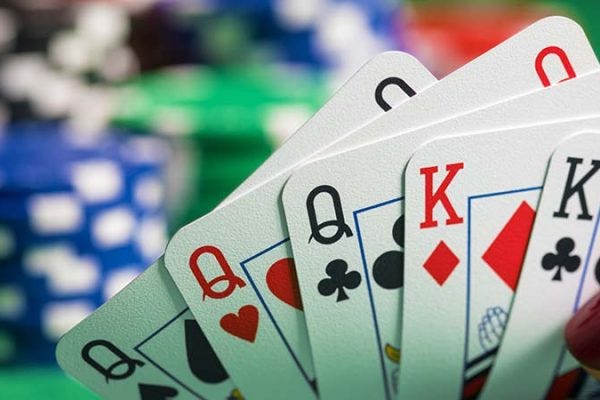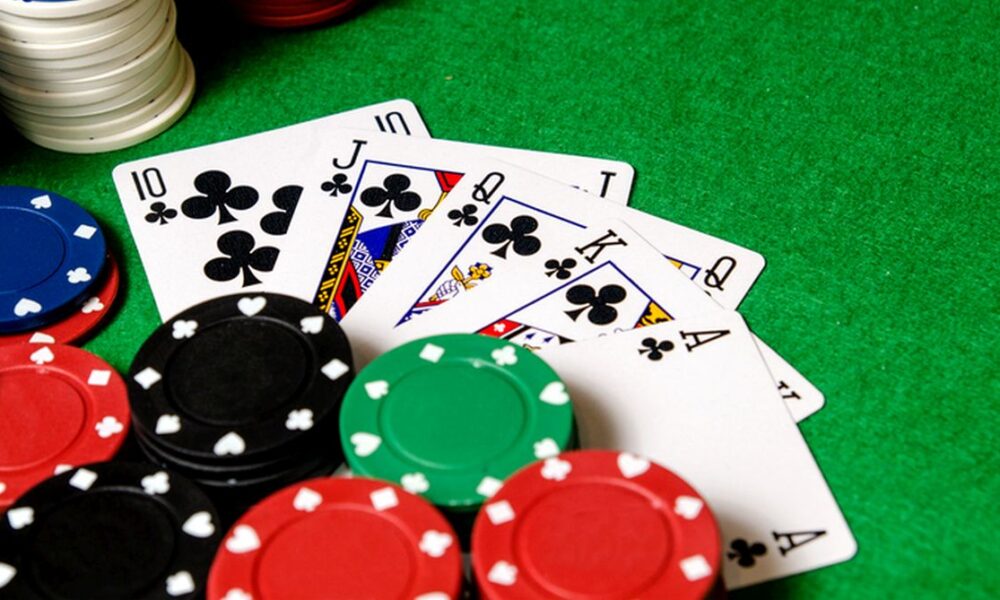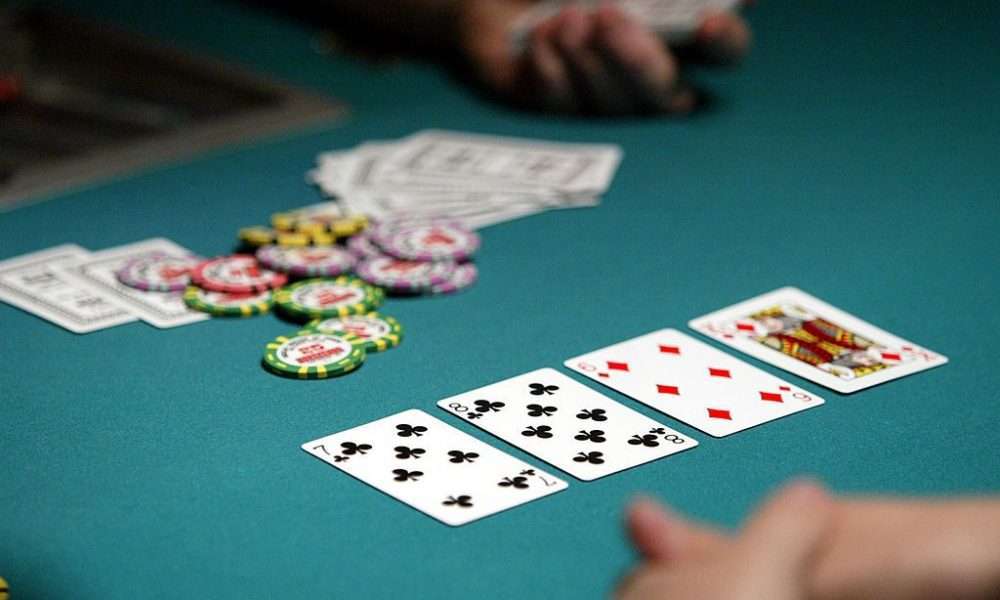Poker is a game of skill, strategy, and calculated risks. While luck plays a role in short-term outcomes, long-term success in poker relies heavily on mathematical calculations and an understanding of probability. This article explores the crucial role of mathematics and probability in developing a winning poker strategy.
Understanding Probability
Probability is the foundation of poker strategy. At its core, poker involves making decisions based on the likelihood of certain events occurring. Whether it’s calculating the odds of hitting a specific card on the turn or determining the probabilities of your opponents holding certain hands, understanding probability is essential.
Probability calculations in poker involve assessing the number of desired outcomes against the total possible outcomes. For example, if you have an open-ended straight draw with four outs (cards that could complete your hand), and there are 46 unseen cards, the probability of hitting your straight on the next card is approximately 8.7% (4/46).
Expected Value (EV)
Expected Value, often referred to as EV, is another important concept in poker strategy. EV represents the average outcome of a particular decision over the long run. By calculating the expected value of different actions, players can make informed decisions that maximize their overall profitability.
For instance, suppose you have a flush draw on the turn, and your opponent bets an amount equal to the size of the pot. By comparing the pot odds (the current size of the pot versus the cost of the call) with the probability of completing your flush, you can determine whether the call is +EV or -EV. If the pot odds are higher than the probability of completing your hand, making the call would be a profitable decision in the long run.
Hand Ranges and Equity
Hand ranges and equity are concepts that rely heavily on mathematics and probability. A hand range represents the set of hands that an opponent is likely to hold based on their betting patterns and actions. By assigning probabilities to different hands within an opponent’s range, players can make more informed decisions about their own actions.
Equity refers to a player’s probability of winning the hand at a given point in time. It takes into account the current cards, potential future cards, and the range of hands each player could have. By calculating equity, players can determine the profitability of different actions and make optimal decisions based on their expected value.
Bankroll Management

Mathematics and probability are also crucial in managing a poker player’s bankroll. Bankroll management involves determining the appropriate stakes to play based on factors such as win rate, variance, and risk tolerance.
By understanding the mathematical concepts of variance and standard deviation, players can calculate the likelihood of experiencing winning or losing streaks. This knowledge allows players to set aside an appropriate bankroll to withstand the inevitable swings in poker and avoid going broke due to short-term variance.
Mathematics and probability are fundamental to developing a successful poker strategy. From understanding the likelihood of hitting certain cards to calculating expected value and managing bankroll, these concepts allow players to make informed decisions and maximize their profitability in the long run. Embracing the role of mathematics and probability in poker can take your game to the next level and separate you from the average recreational player.





